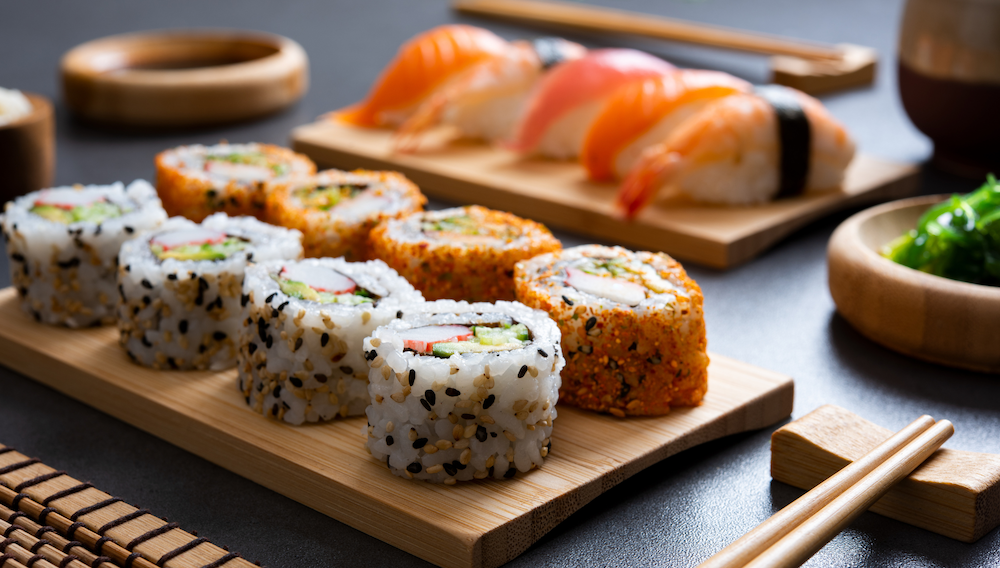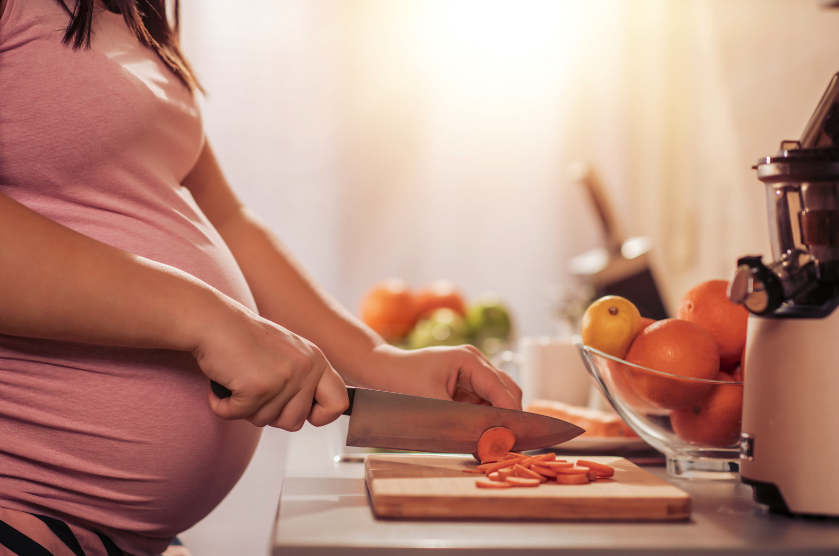Taking care of yourself during pregnancy means eating right, and that includes avoiding some foods that may cause illness or harm your baby’s development. Eating nutrient-dense foods can also keep you in your best health so your delivery—and recovery—goes smoothly. Here are a few foods you need to avoid for the health and safety of your baby and his or her development while you’re pregnant.
Unpasteurized Foods
Dairy products can provide important nutrients for pregnant women, but they must be pasteurized to be safe for the baby. Soft cheese falls into the category of foods you should avoid. Brie, blue cheese, feta, and goat cheese are all soft cheeses made with unpasteurized milk. Honey and some kinds of juice can also be unpasteurized. Before you purchase a dairy product, check the label to ensure it is pasteurized.

Undercooked Meat, Eggs and Seafood
Raw or undercooked seafood should be avoided, as should raw or undercooked meat and eggs. If you like raw sushi, you will need to do without for nine months or make your own with vegetables and cooked fish and egg. Many people like their food well done, but for those who do not, it can be difficult to give up a medium-rare steak during pregnancy. Here’s a tip: Try roast beef, brisket, or chicken instead. Raw or partially cooked eggs show up in some sauces and dressings. Watch out for hollandaise sauce and Caesar salad dressing if it is freshly made in a restaurant or at home, and choose a different type of topping instead.
High-Mercury Fish
While we’re on the topic of seafood, pregnant women need to avoid high-mercury fish. The heavy metal, mercury, is one of the most dangerous things for your developing baby’s brain and nervous system. Mercury is poisonous in large amounts and can damage the delicate nervous system. Fish to avoid include big-eye tuna, orange roughy, swordfish, king mackerel, shark, marlin, and tilefish. Safe-to-eat fish that are low in mercury include salmon, tilapia, trout, catfish, cod, light canned tuna, shrimp, and more. See the Mayo Clinic’s complete list of safe fish and seafood options.
Junk Food
It may seem obvious, but it’s best to cut junk food out of your diet or reduce it as much as possible. Junk foods like packaged cookies and chips are loaded with empty calories and tons of sodium. Try to replace sugary, salty, and carb-intense foods with nutrient-dense fruits, nuts, and vegetables, or healthy habits, like taking a walk or drinking some cool, refreshing water. Consider salt substitutes to help regulate your sodium intake and satisfy your taste buds. Replace potato or tortilla chips with vegetable alternatives like kale chips or crunchy raw carrots, jicama, and cucumbers. Unsalted nuts can also satisfy a need for something crunchy


